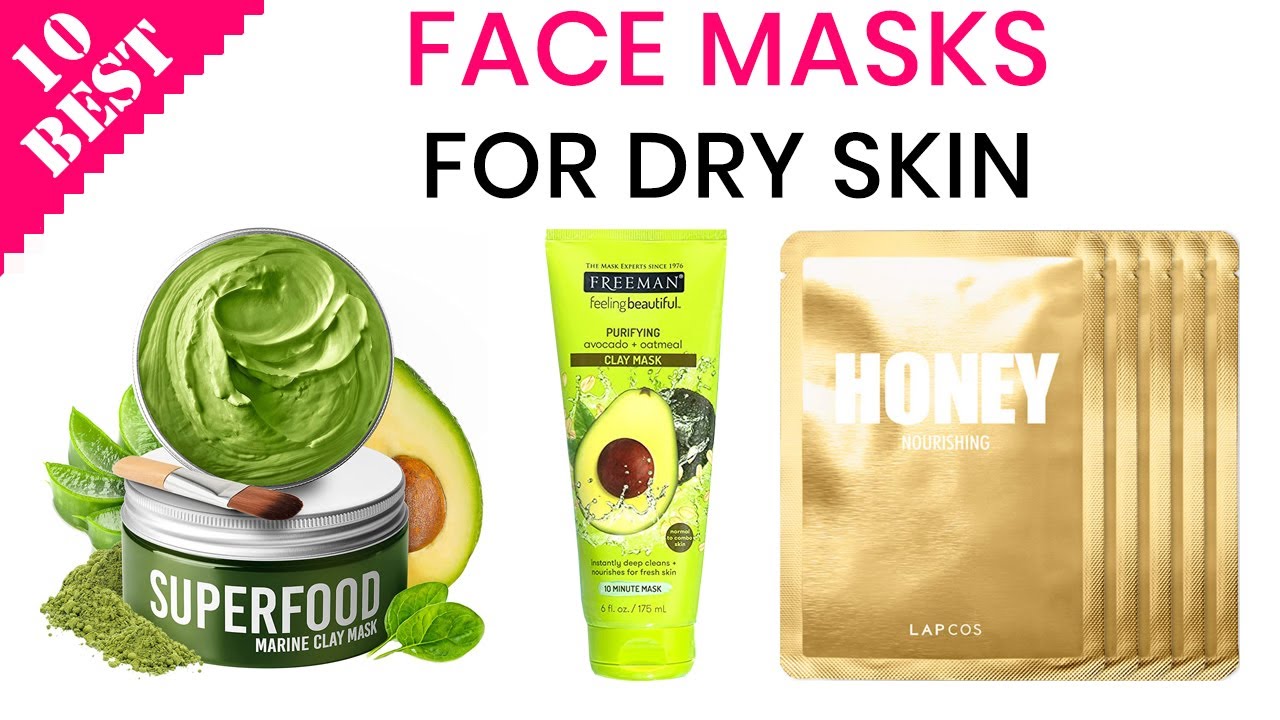In the quest for healthy, radiant skin, many of us have face pack for dry skin found ourselves navigating an overwhelming array of products, trends, and advice. From serums to sunscreens, the skincare landscape can be daunting. However, understanding the fundamentals of skincare can empower you to make informed decisions tailored to your skin’s unique needs.
Understanding Your Skin Type
The first step in any effective skincare routine is understanding your skin type. Skin can generally be categorized into five types:
- Normal: Balanced, with no excess oil or dry patches.
- Oily: Characterized by excess sebum production, leading to shine and a propensity for acne.
- Dry: Lacks moisture, often resulting in flakiness or tightness.
- Combination: A mix of oily and dry areas, typically oily in the T-zone and dry on the cheeks.
- Sensitive: Prone to irritation, redness, or allergic reactions.
Knowing your skin type helps you choose products that will nurture rather than irritate your skin.
The Essential Steps of a Skincare Routine
1. Cleansing
Cleansing is fundamental to any skincare regimen. It removes dirt, makeup, and impurities, allowing your skin to breathe and absorb products more effectively. Depending on your skin type, choose a gentle foaming cleanser for oily skin or a creamy cleanser for dry skin. Aim to cleanse twice a day—morning and night.
2. Exfoliation
Exfoliation helps slough away dead skin cells, promoting a brighter complexion and smoother texture. This can be achieved through physical exfoliants (scrubs) or chemical exfoliants (acids like AHAs and BHAs). While exfoliation is beneficial, overdoing it can lead to irritation, so limit it to 1-3 times a week.
3. Toning
Toners can help restore the skin’s pH balance after cleansing, remove any lingering impurities, and prepare the skin for subsequent products. Look for alcohol-free formulas with hydrating ingredients like hyaluronic acid or soothing botanicals.
4. Serums and Treatments
Serums are concentrated formulations designed to target specific skin concerns—whether it’s hyperpigmentation, fine lines, or acne. Key ingredients to look for include:
- Vitamin C: Brightens the skin and evens out tone.
- Retinoids: Promote cell turnover and reduce signs of aging.
- Niacinamide: Helps control oil and reduce redness.
5. Moisturizing
Regardless of your skin type, moisturizing is crucial. Moisturizers lock in hydration and create a barrier against environmental stressors. Gel-based moisturizers work well for oily skin, while creams are better for dry skin.
6. Sun Protection
The importance of sunscreen cannot be overstated. Daily application of a broad-spectrum SPF 30 or higher protects against UVA and UVB rays, preventing premature aging and skin cancer. Make it a habit to apply sunscreen every morning, even on cloudy days.
Lifestyle Factors Impacting Skin Health
While a solid skincare routine is vital, several lifestyle factors can significantly affect your skin:
- Diet: A balanced diet rich in antioxidants, vitamins, and healthy fats can support skin health. Incorporate fruits, vegetables, whole grains, and omega-3 fatty acids.
- Hydration: Drinking plenty of water helps maintain skin hydration and elasticity.
- Sleep: Quality sleep is essential for skin regeneration. Aim for 7-9 hours of sleep per night.
- Stress Management: Chronic stress can trigger skin issues like acne and eczema. Practices like meditation, yoga, and regular exercise can help reduce stress levels.
Embracing Individuality in Skincare
Skincare is not one-size-fits-all. What works for one person may not work for another, and factors like age, climate, and hormonal changes can influence your skin’s needs. It’s important to be patient and give your skin time to respond to new products or routines.
Conclusion
Effective skincare is a blend of science and art. By understanding your skin type, following a tailored skincare routine, and adopting healthy lifestyle habits, you can achieve a radiant and healthy complexion. Remember that consistency is key, and always listen to your skin—it often knows what it needs best.

